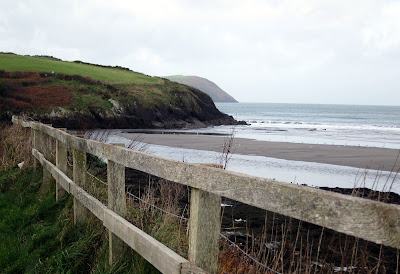Arriving was their passion.
Into the new place out of the blue
Flying, sailing, driving -
How well these veteran tourists knew
Each fashion of arriving.
Leaving a place behind them,
There was no sense of loss; they fed
Upon the act of leaving -
So hot their hearts for the land ahead -
As a kind of pre-conceiving.
Arrival has stern laws, though,
Condemning men to lose their eyes
If they have treated travel
As a brief necessary disease,
A pause before arrival.
And merciless the fate is
Of him who leaves nothing behind,
No hostage, no reversion:
He travels on, not only blind
But a stateless person.
Fleeing from love and hate,
Pursuing change, consumed by motion,
Such arrivistes, unseeing,
Forfeit through endless self-evasion
The estate of simple being.
Cecil Day-Lewis


















